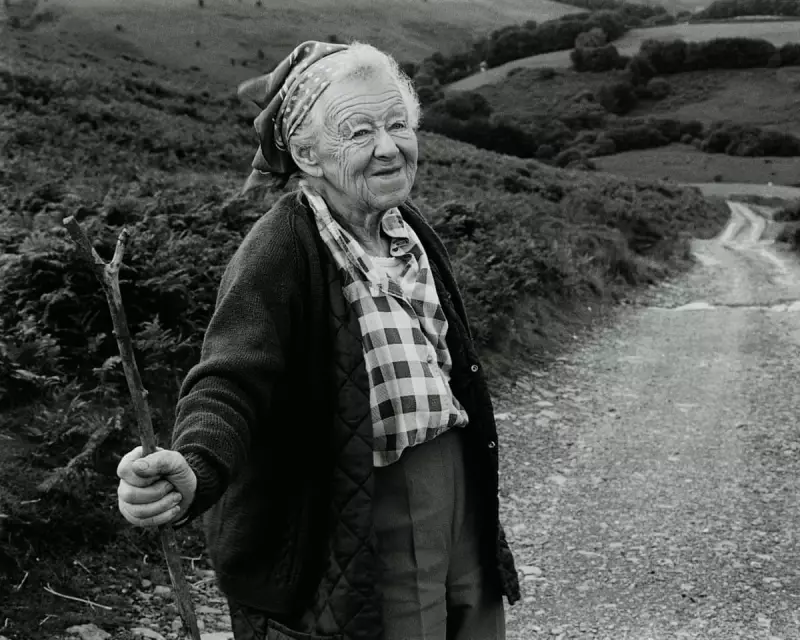
A captivating new exhibition is set to open in Somerset, paying long-overdue tribute to one of Britain's most remarkable and reclusive nature writers, Hope Bourne. The display at Dulverton's Museum of Somerset Country Life will immerse visitors in the world of a woman who lived in a caravan without electricity, sustained herself by hunting, and produced some of the 20th century's most evocative prose about the Exmoor landscape.
Bourne's extraordinary life is the stuff of local legend. For over 40 years, she lived alone in a basic caravan on the fringes of Exmoor, embracing a self-sufficient existence that saw her shoot rabbits for food and draw water from a nearby spring. From this simple existence, she produced three books, countless articles for the local press, and hundreds of detailed drawings and paintings, all chronicling the natural world she loved so deeply.
The exhibition, titled 'Hope Bourne: A Voice of the Moor', brings together a treasure trove of her personal effects. Visitors will see her iconic .22 rifle, her typewriter, original manuscripts, and her beautifully illustrated field diaries. Perhaps most poignant are her personal letters and the handmade cards she created for friends, offering a glimpse into the private life of a very public figure in the local community.
A Lasting Legacy for a New Generation
Curators aim to introduce Bourne's work to a new audience, particularly those passionate about nature writing, conservation, and British rural heritage. Her deep connection to the land and her traditional way of life resonate strongly in today's world, where sustainability and a connection to nature are increasingly valued.
"She was a true individual, an incredibly strong character who lived entirely on her own terms," said one of the exhibition's organisers. "In an age of noise and constant connection, her story of solitude, self-reliance, and profound observation of the natural world is more relevant than ever."
The exhibition promises to be a must-see for walkers, nature enthusiasts, and lovers of literature, offering a unique window into the soul of Exmoor itself, as seen through the eyes of its most devoted chronicler.





